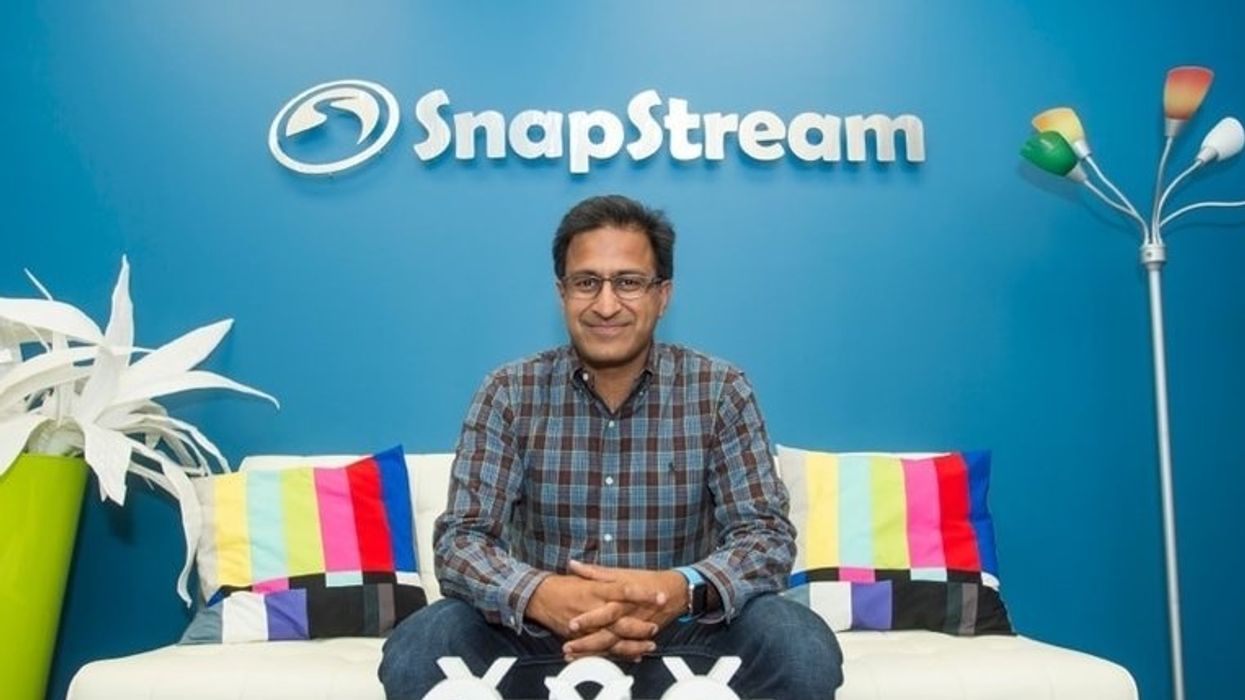Editor's note: News this week's news was full of major money moves, a new workspace, and more.
Top stories on Friday not enough? Subscribe to our daily newsletter that sends fresh stories straight to your inboxes every morning.
Why it's important for Texas startups to get funding within the Lone Star State

Texas startups should be getting funded with Texas money, and here's why. Getty Images
When you set out to disrupt a long-standing industry, one of the most important aspects is figuring out where you are going to get the money. Odds are, you are going to be OK with breaking the mold on other traditional practices such as forgoing the venture capitalist firms for smaller companies who share your innovative vision and want to invest in it.
That philosophy works well in Texas seeing as the big venture capitalists tend to stay on the East and West Coasts.
There are dozens of things to think about when starting a company. Funding can be the most important, and there are many ways to approach raising funding for your startup. Here are a few things to consider. Continue reading the article here.
Rice University startup competition awards record $2.9 million in prizes

The winner of the Rice Business Plan Competition walked away with over $700,000 in prizes. Courtesy of Rice University
On Saturday, over 20 organizations were prepared to write checks to entrepreneurs competing in the Rice Business Plan Competition, but the largest and richest student business plan competition doled out almost double what it initially intended to award.
Earlier this year, Rice University announced the 42 teams that would be competing for $1.5 million in prizes, but ended up giving out a record $2.9 million. While a few organizations announced they had trouble picking a single company and named two recipients, Houston-based GOOSE Society surprised everyone with almost $1 million in unexpected prizes. Continue reading the article here.
New high-end workspace opens in Houston's Galleria area

Austin-based FIRMSPACE has opened its third location in Houston with a 32,000-square-foot space in BBVA Compass Plaza. Courtesy of FIRMSPACE
Houston's getting another high-end coworking space. FIRMSPACE, an Austin-based company, selected Houston as its third location.
With 32,000 square feet of space, FIRMSPACE Houston is open for business in BBVA Compass Plaza (2200 Post Oak Boulevard) on the 10th and 11th floors of the 22-story building. The company opened its first location in Austin, followed by a Denver location last December. Continue reading the article here.
3 Houston innovators to know this week

From making major deals to advancing future innovators, here are three Houston leaders to know this week. Courtesy photos
This week's movers and shakers in Houston innovation are dealmakers and leaders — from securing huge partnerships to influencing the next generation of inventors. These are the three innovators to know in Houston this week. Continue reading the article here.
Houston energy storage software company inks major deal with Canadian tech co.

Houston-based Pason Power just inked a major deal that's giving it an edge in the industry. Getty Images
Houston-based Pason Power, which provides Internet of Things services to energy storage and solar providers, has been quietly innovating in the energy industry for years. And earlier this year, Pason Power inked a partnership with a multimillion-dollar energy tech company that's quickly expanding its US footprint.
Since it launched as a wholly owned subsidiary of Calgary-based Pason Systems Inc. in 2016, Pason Power offers an array of technologies — including AI, IoT, real-time automation — that support energy storage systems throughout a project's lifecycle. Energy storage systems is a wide umbrella that includes everything from the massive systems used to store renewable energy and biofuels, to household batteries, which store electricity. Continue reading the article here.




 Enrico Ladendorf is the founder and managing partner of Houston-based Pason Power.Courtesy of Pason Power
Enrico Ladendorf is the founder and managing partner of Houston-based Pason Power.Courtesy of Pason Power Apple doubles down on Houston with new production facility, training center Photo courtesy Apple.
Apple doubles down on Houston with new production facility, training center Photo courtesy Apple.